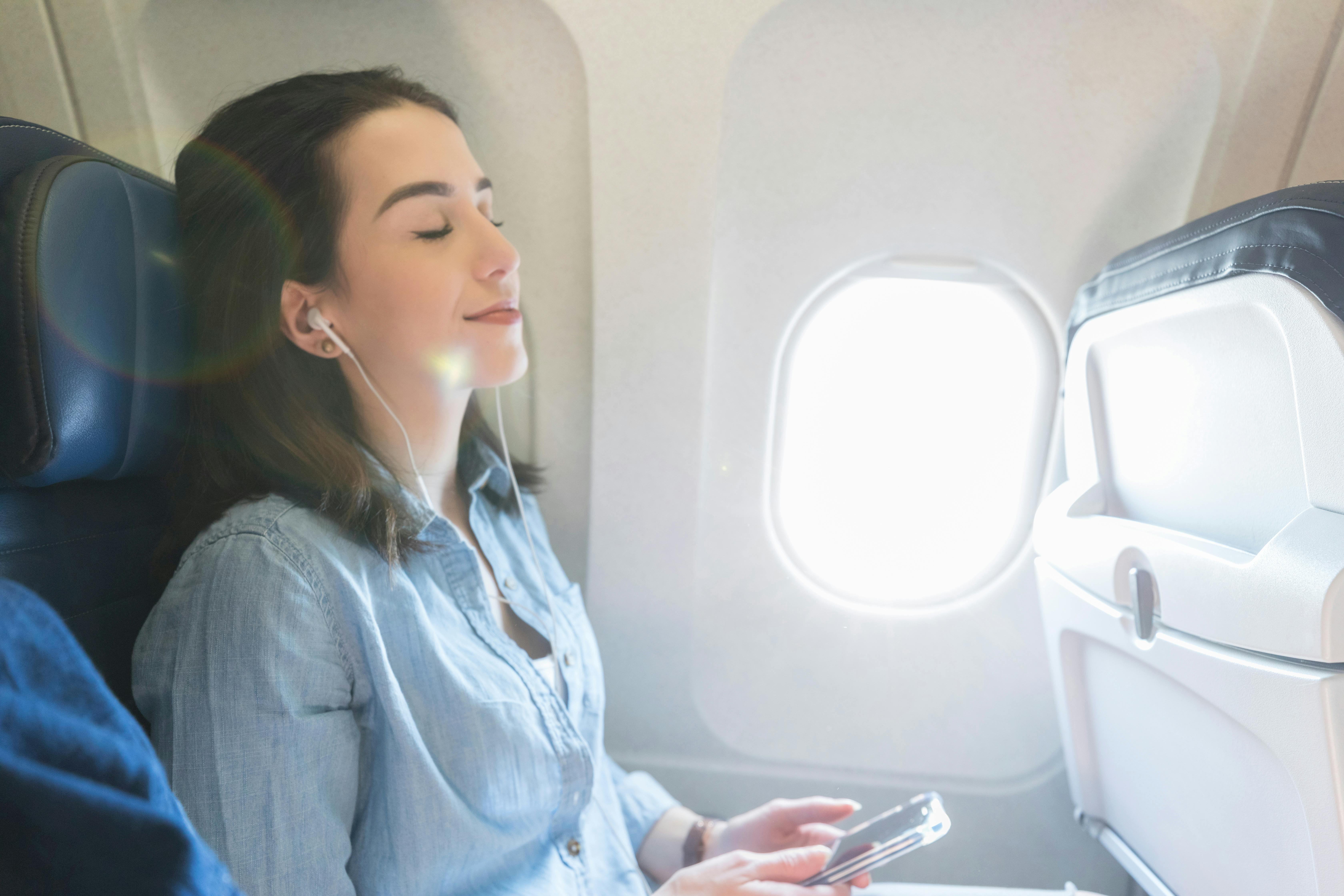TIME OUT
Healthy Ways to Travel During Flu Season

The flu can take up to 2 weeks to run its course, disrupt your work and home life, and leave you feeling lousy. And if you get it during a tropical vacation or important business trip, you’ll likely feel even worse. Even though there’s no surefire way to prevent getting the flu, there are smart ways to protect yourself the next time you travel during flu season.
How to Prepare for a Trip and Travel Smart During Flu Season
Get a Flu Shot
Schedule a flu shot at least 2 weeks before you go away to protect yourself and reduce the chance of spreading the virus to others. The vaccine protects against most common, circulating strains of the flu virus.
Research Your Destination
Before you pack your suitcase, research the current flu activity in your destination. Additionally, it’s a good idea to find out if your health insurance plan covers medical care where you’re traveling. Lastly, locate area hospitals and other healthcare locations in the event of a medical emergency.
Travel Only If You Feel Well
Consider delaying your plans until 24 hours after a fever and all other symptoms subside (without the use of fever-reducing medication).
Pack a Travel Health Kit
Leave space in your carry-on for pain or fever medication, soap, tissues, and an alcohol-based sanitizer.
Keep Your Hands Clean
Whenever you have access to a sink—on a plane, in restaurants, at hotels—wash your hands with soap and running water. If soap and water are not available, use hand sanitizer, especially before meals.
Keep Hands Away From Your Face
Avoid touching your eyes, nose, or mouth. This is especially important when traveling in high-traffic areas.
Stay Hydrated and Get Enough Sleep
While jet-setting, it’s easy to fall short of the recommended 8 glasses of water and 7 to 8 hours of sleep each day. But hydration and adequate rest are important for healthy immune function.
Be Mindful in Crowds
Airports, restaurants, museums, and public transportation are all hotbeds for germs. Rather than avoid crowds completely, be mindful of your surroundings. Use handrails sparingly, wash hands (or use an alcohol-based sanitizer) frequently, and politely relocate if you suspect another traveler is sick.
Listen to Announcements
Pay attention to any news or government announcements regarding flu activity and follow any local movement restrictions.
Monitor Your Body
Once you return home, closely monitor your health for 7 days. If you experience any flu-like symptoms, get plenty of rest, drink clear fluids, and seek medical attention if necessary.
Remember, the flu shot is the best safeguard for flu-season travel. Keep your hands clean, allow time for some rest, and monitor how you feel. If you have any remaining questions, please contact your healthcare provider. Safe travels!

